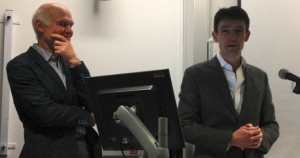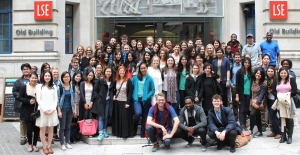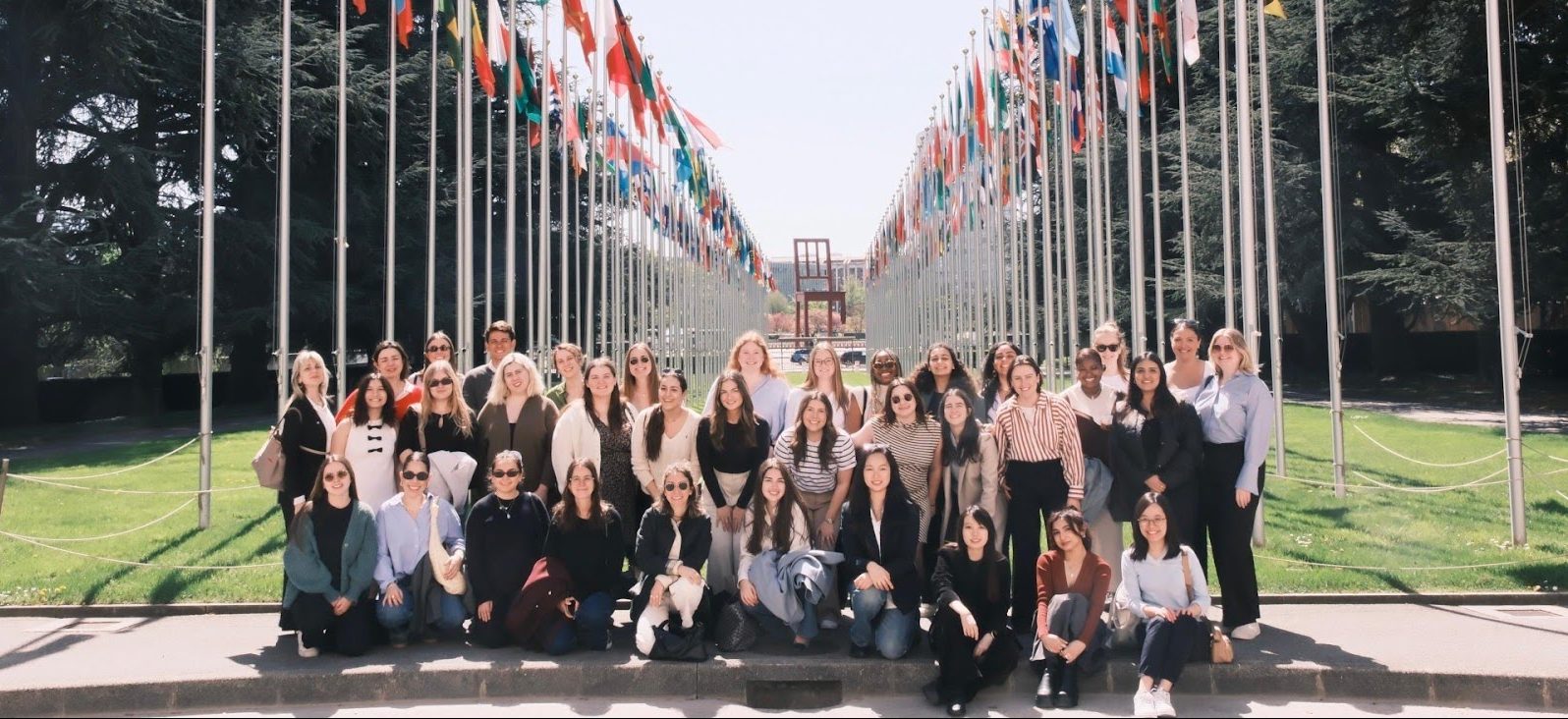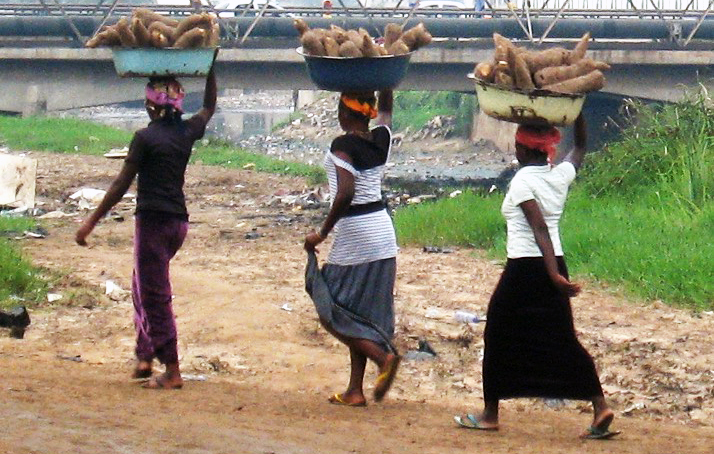The Public Distribution System in India (PDS) is designed to distribute subsidised food to India’s poorest people. But numerous ‘leakages’ in this system – notably the movement of goods to the black market – have prompted calls for states to begin computerising the process.

In a new article for Ideas for India, Silvia Masiero, who has monitored the digitisation process in Kerala, has identified a number of ways in which the use of technology helps to combat leakages in the system.
Kerala’s three-tier digitisation process to shore up the food distribution scheme began at the turn of the 21st century.
A data digitisation project of all ration card holders began in 2001. This was followed by additional software to monitor the allocation of goods to ration shops, where the subsidised goods are made available.
The latest stage, which is still ongoing, includes thumbprint readers that can identify legitimate users and distributors throughout the process.
The biometric system monitors every transaction via an identification number, guarding against counterfeit cards and making it more difficult for ration dealers to divert goods to the market for a higher mark-up.
With biometric identification in place at all ration shops, citizens can now avoid dealers who are suspected of irregular behaviour. It is this sort of intervention that is enabling successful reform of the Public Distribution System.
Removing incentives for corruption
But computerisation is not an one-stop solution against fraud and needs to be part of a broader intervention to remove the incentives against corruption.
Leakages can continue at the various stages of the supply chain prior to the authorised wholesale distributors across the state.
Equally, ration dealers struggle to generate sufficient revenues to keep their businesses going – a situation made worse by the technological intervention. If anything, the incentives grow stronger for dealers to seek more devious ways to divert goods illegally.
The challenges for Indian states, as demonstrated by Kerala, include the implementation of computerisation to an advanced level while monitoring overall programme design.
The issues of corruption need tackling holistically across the supply chain, supporting those who facilitate the transfer of goods to the needy, if solutions to the leakage crisis are to be found.
See the full article by Silvia here.
Related Posts
   |






